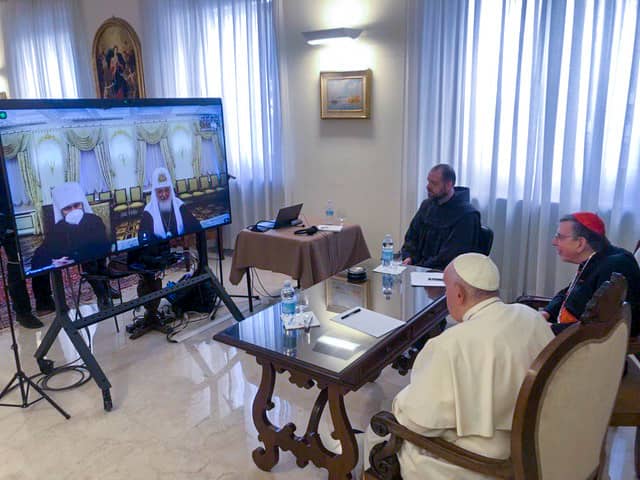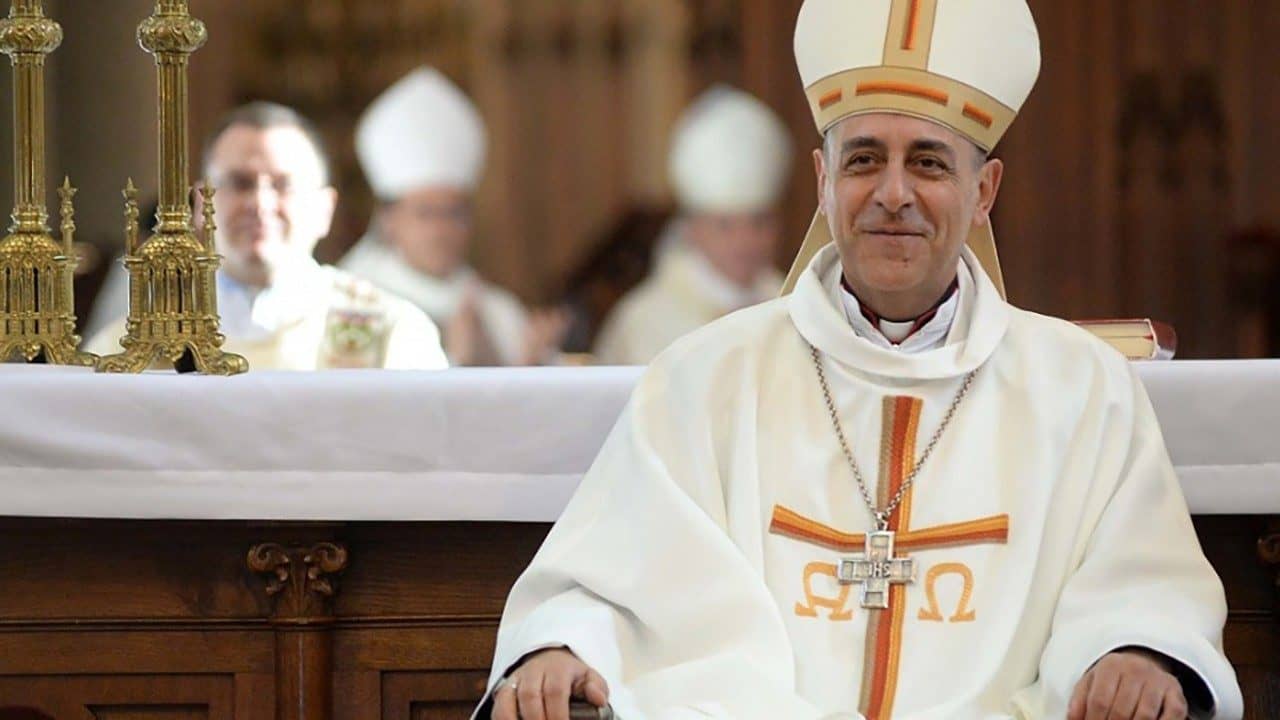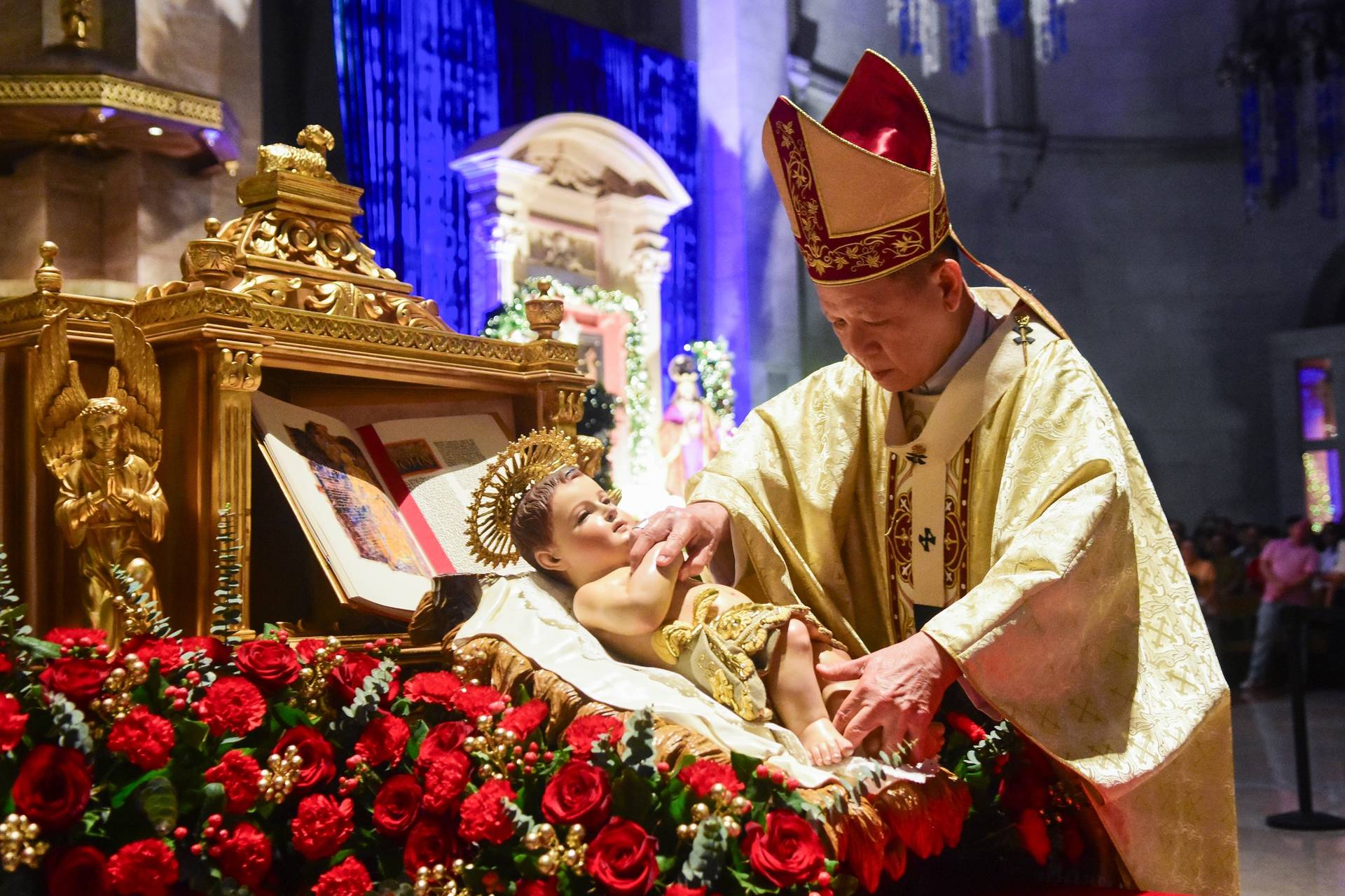ROME – Catholicism in the 21st century is ever more a global faith, with more than two-thirds of its 1.3 billion members living outside the West. As a result, learning to appreciate how Catholics in other parts of the world react to things is essential to thinking intelligently about church affairs.
Friday brought a classic example, as Westerners may not quite appreciate the resentments different media coverage of the Church at times can generate.
For most of the Western press, the big Vatican story on Friday was a meeting between Italian Cardinal Pietro Parolin, the pope’s top aide, and roughly 50 lawyers and activists representing the LGBTQ community who want the Vatican to condemn the criminalization of homosexuality in some parts of the world.
The meeting came amid a mounting global firestorm related to Brunei’s recent decision to implement Islamic laws that would allow death by stoning for adultery and homosexuality. A brief Vatican statement afterward said: “Parolin extended a brief greeting to those present, repeating the Catholic Church’s position in defense of the dignity of every human person and against every form of violence.”
No doubt, the underlying issues here are important, and it’s certainly relevant to ask how one of the world’s most important voices of conscience will react to the Brunei provocation – especially at a time when Pope Francis is emphasizing dialogue with the Islamic world.
Still, relatively little arguably was at stake in the Friday exchange, given that a) the Vatican has been on record supporting the decriminalization of sexual acts among consenting adults since 2008, b) nowhere in the world right now is the Catholic Church leading the charge for harsher civil punishments for homosexuality, and c) there’s little reason to believe the Sultan of Brunei is likely to be swayed by anything the Vatican does or doesn’t do.
RELATED: Will Pope’s meeting with LGBTQ community prove “historic”?
What else was going on at the Vatican on Friday?
Well, to begin with, the Vatican newspaper L’Osservatore Romano published a major spread commemorating the 25th anniversary of the Rwandan genocide, that orgy of violence in 1994 that left an estimated 500,000 to one million people dead in just 100 days, mostly Tutsis and moderate Hutus. One estimate is that a stunning 70 percent of Rwanda’s Tutsi population was slaughtered in that period alone.
Almost 60 percent of Rwanda’s population is Catholic, so, for both good and ill, the Church was intimately involved in the drama of 1994. Some churches became scenes of mass killings, and some radical Hutu clergy helped whip people into a frenzy.
In March 2017, Pope Francis apologized for that history to Rwandan President Paul Kagame. A Vatican statement after the two men met said, “He implored anew God’s forgiveness for the sins and failings of the Church and its members, among whom priests, and religious men and women who succumbed to hatred and violence, betraying their own evangelical mission.”
No one today would say recovery efforts in Rwanda are concluded, so the wounds of that carnage a quarter-century ago remain raw.
Also on Friday, news emerged that opposition figures will join a retreat in the Vatican next week for the political leadership of South Sudan, raising hope that a concrete new peace agreement may result.
Arch-rivals President Salva Kiir and rebel leader and former vice president Riek Machar are both expected, as well as Gabriel Changson, the head of one of two smaller opposition factions. It’s obviously unusual for the Vatican to sponsor a Lenten retreat for an entire country’s political class (imagine Donald Trump and Nancy Pelosi, for instance, dropping in for a few days of prayer together), but the Church is the largest religious group in South Sudan and Kiir is himself Catholic.
Since December 2013, roughly 400,000 people are believed to have died in the civil war and four million have been displaced, which is fairly astonishing given that the entire national population is just 12.5 million. The prospects of a long-awaited peace, therefore, are of keen interest.
Also on Friday, Catholic leaders in Italy heard from Cardinal Joseph Coutts of Karachi, Pakistan, who’s in Italy for a series of events in Venice, Florence and Milan sponsored by Aid to the Church in Need, a papal foundation supporting persecuted Christians around the world.
In an interview with the official newspaper of the Italian bishops’ conference on Friday, Coutts warned that there are many “Asia Bibis” in Pakistan today, both Christian and Muslim.
Bibi is the illiterate Catholic mother of four from the Punjab who spent a decade on death row in Pakistan for the alleged crime of blasphemy before she was finally liberated in late January. At the time the decision was hailed as a great blow for religious freedom, but Coutts pointed out that resolving one person’s case who had become an international cause célèbre doesn’t mean the underlying forces that led to her ordeal have vanished.
At the moment, Coutts said, there are 25 other Christians in Pakistani jail cells facing blasphemy charges. Yet he also suggested that extremism leaves no one safe, observing that between 1987 and 2017, over half of the 1,500 Pakistanis hit with blasphemy charges were actually Muslims.
Pakistan is a cornerstone nation both in Asia and in the Islamic world, so which way it goes on tolerance of religious minorities will have reverberations well beyond its borders.
If you’re a Catholic in Africa today, home to by far the world’s most rapidly growing Catholic population, or Asia, you might well wonder why the LGBTQ meeting Friday drew such a strikingly greater share of attention than the Rwandan anniversary, the Vatican’s efforts to broker peace in South Sudan and religious freedom in Pakistan.
To tell the truth, you probably wouldn’t wonder at all – you’d simply conclude that Westerners are more interested in their own issues than what matters to the rest of the world. Understanding that instinct, and how it can breed suspicions and resentments, increasingly will be part of the price of admission to life in a global Church.

















